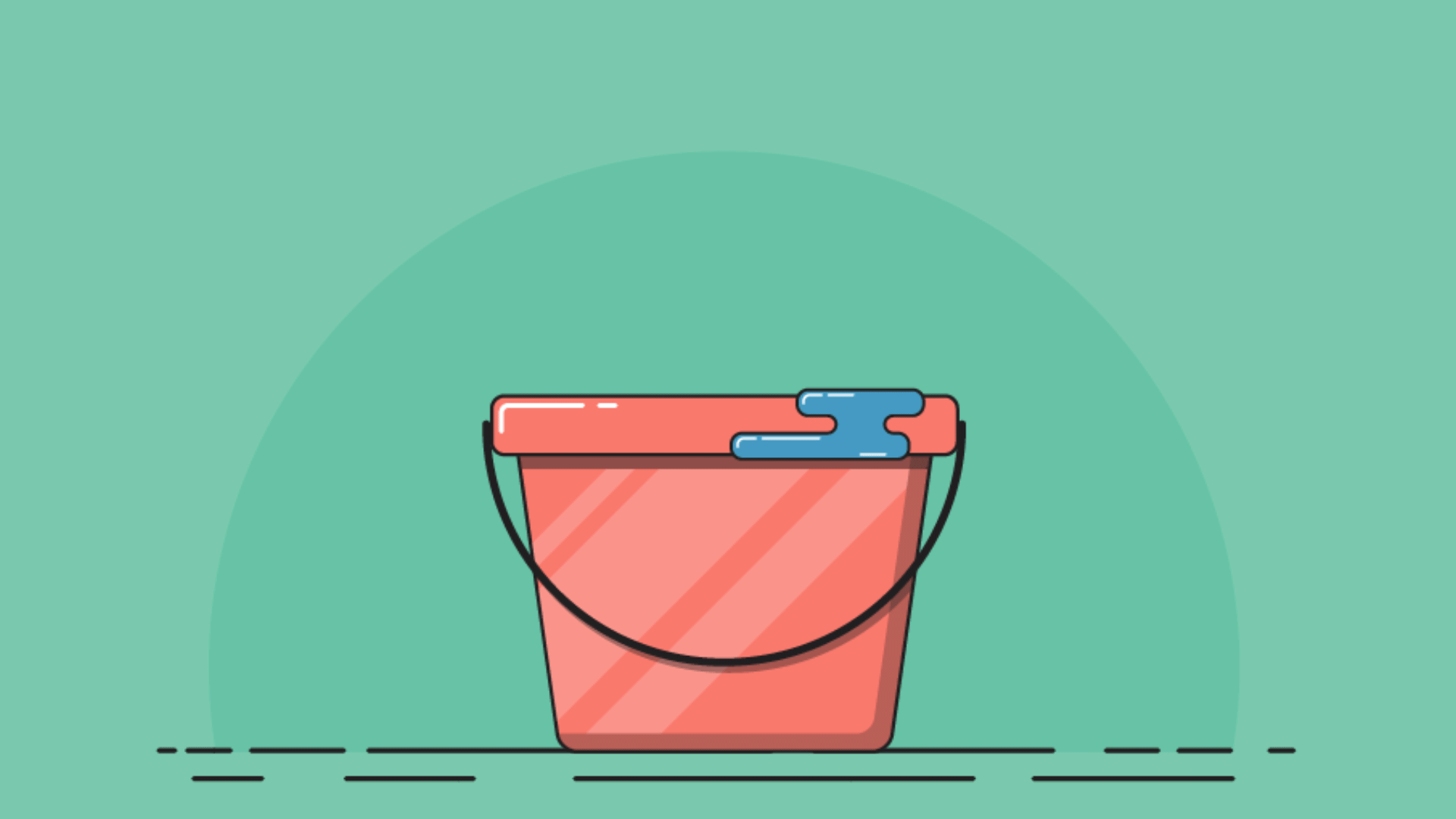What Are The 5 Most Common Tenant Repairs?
When it comes to tenant repairs, the same pain points keep cropping up. These are often complicated by confusion about who bears responsibility for their resolution; the tenant or the landlord. We take a look at the five most common grievances and whose remit their repair falls under.
1) Leaks
What’s the problem?
Leaks are the most common repairs or maintenance issue landlords are faced with. They can be large or small (anything from burst pipes to a leaky faucet) and may lead to wider problems, if the water damages tenant possessions or other units in a larger property.
Whose problem is it?
Under the terms of the Landlord and Tenant Act (1985) landlords are required “to keep in repair and proper working order the installations in the dwelling for the supply of water”, which translates into fixing leaks.
The good news is that most leaks are cheap and easy to fix. The bad news is that often the cause of the leak is entirely down to tenant usage, and that’s where things get complicated. Although landlords have a duty to repair, tenants have a duty to maintain. In addition to clearing basic blockages themselves, tenants should clean shower heads – another common cause of leaks – by removing limescale and preventing mould throughout the property. As with all repairs, in case of an issue, it’s the tenant’s responsibility to inform the landlord as soon as possible.
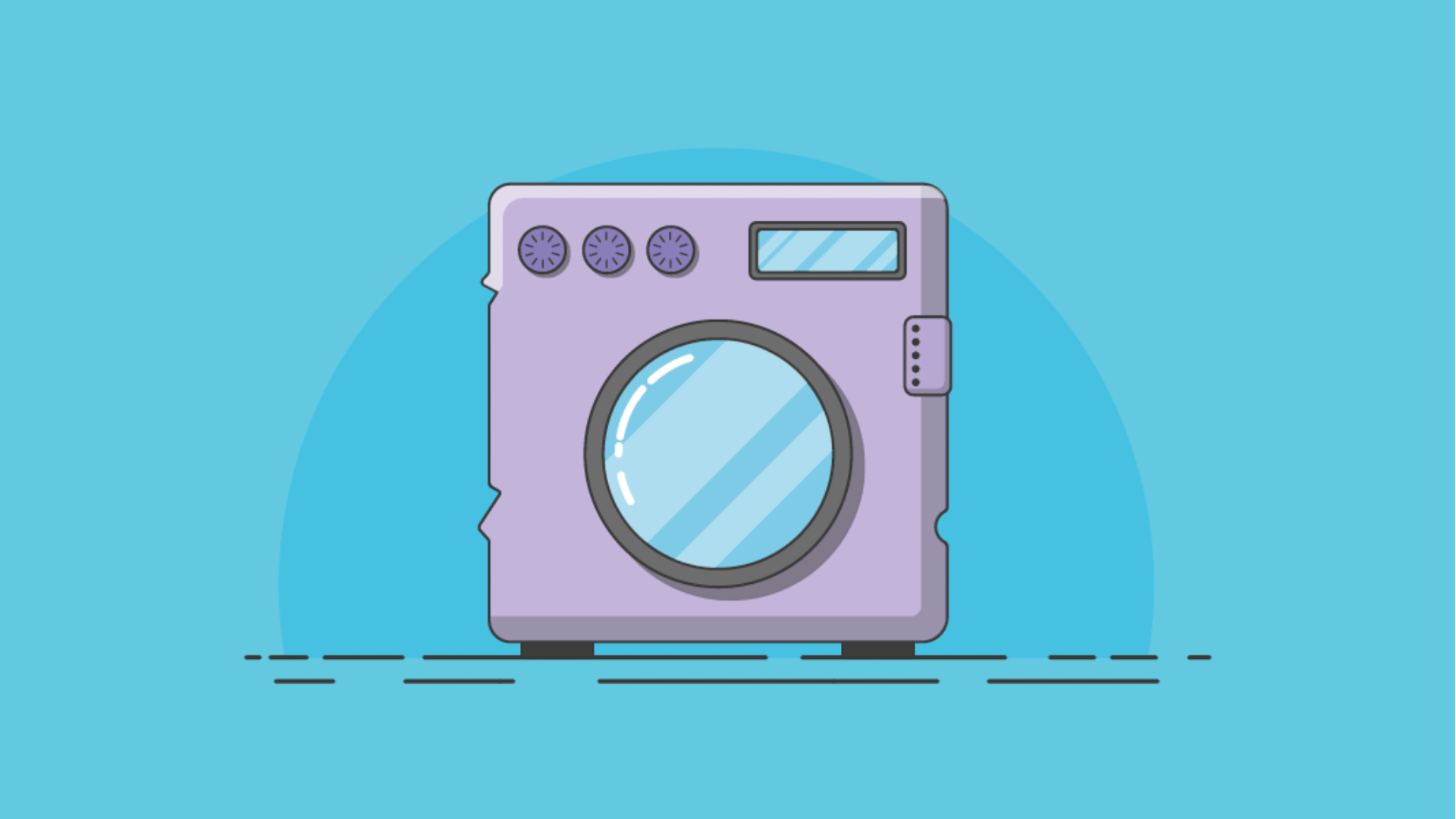
2) Washing Machine
What’s the problem?
Most properties in the UK, both furnished and unfurnished, will come with basic white goods like washing machines, dishwashers and dryers, provided by the landlord. But when they break down, there can be disagreement over whose responsibility it is to fix them.
Whose problem is it?
Technically the responsibility lies with the tenant. Despite the fact that the machine has been supplied by the landlord, his responsibility to fix it is not enshrined in law or the tenancy agreement. However, in most instances, the landlord recognizes that they own the white goods and it’s in their interests to maintain them. Usually tenant/landlord relationships are cordial enough for agreements to be reached.
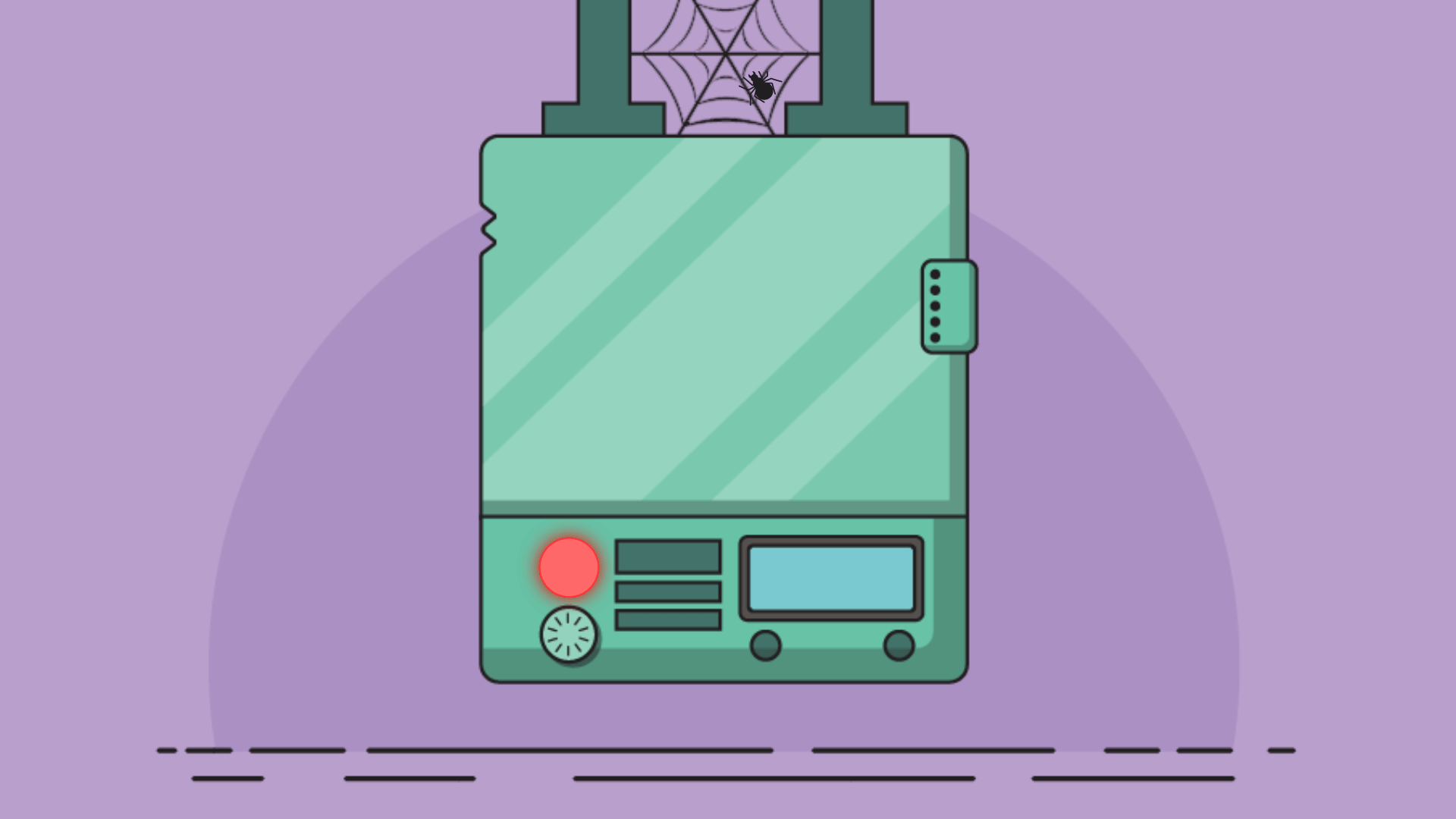
3) Boiler
What’s the problem?
Faulty boilers are one of the most serious repairs issues landlords will have to deal with – because not only is it imperative to keep a house properly heated in the colder months, but gas leaks can be fatal.
Whose problem is it?
Under Section 11 of the Landlord and Tenant Act (1985) it’s the landlord’s responsibility to repair and maintain the boiler or any gas heating devices. Failure to do so is a criminal offence. Tenants should, however, be encouraged to play their part. Often problems with boilers are due to a drop in water pressure – in these instances landlords can instruct tenants how to bring the water pressure up to the required level, allowing tenant’s a more immediate resolution and saving themselves the cost of a repairman.
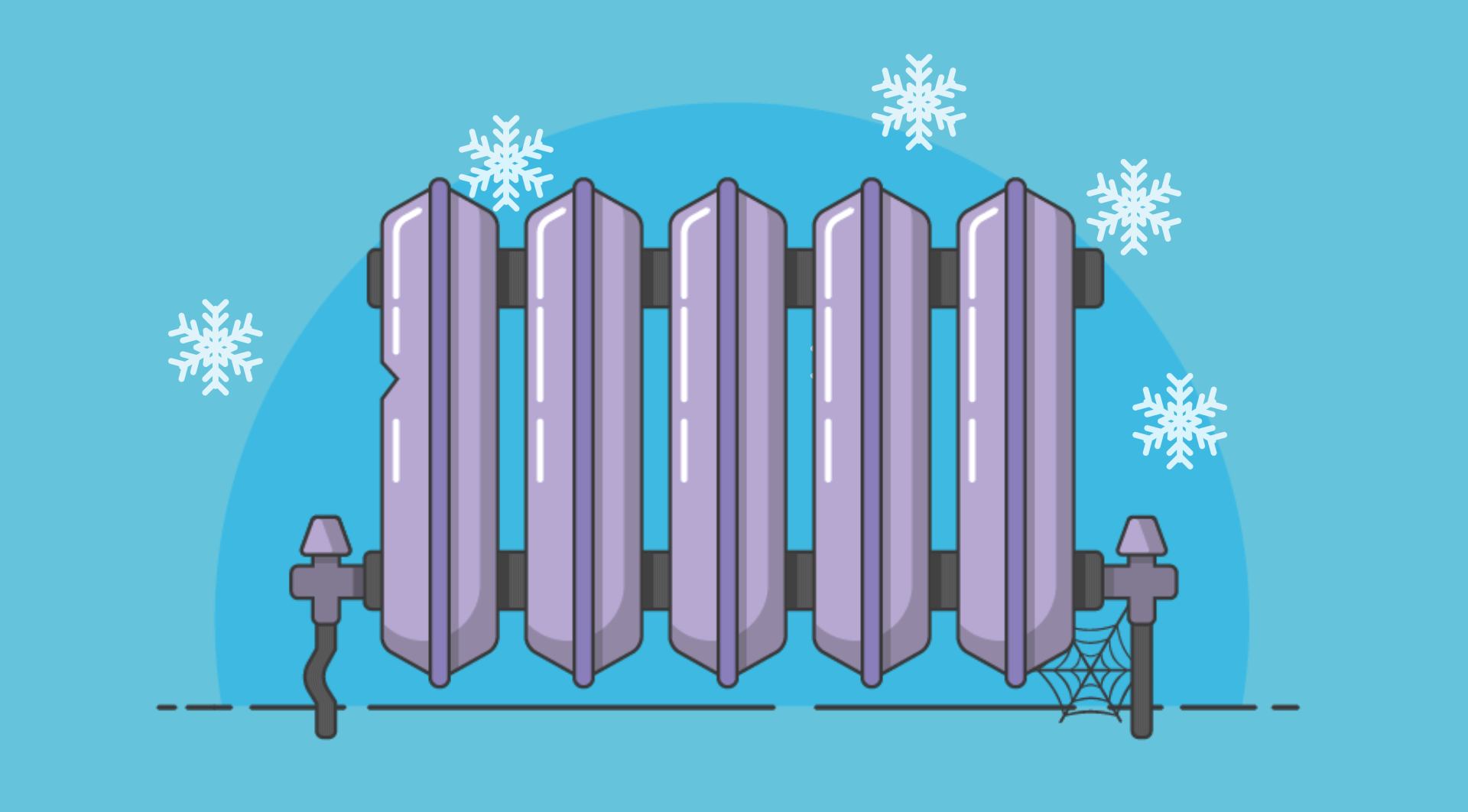
4) Radiator
What’s the problem?
Radiators often become a problem in the winter months when they’re suddenly put to work after months of no usage during the summer.
Whose problem is it?
The law requires the landlord to accept full responsibility towards the provision of functional heating and hot water but again that doesn’t mean that tenants are devoid of all responsibility. Renters are entrusted with the daily maintenance of the property, including the radiators and the central heating system. They should regularly check the function of the radiators and take appropriate actions, such as bleeding faulty radiators, to ensure they’re running smoothly. This is another area where landlords can show tenants how to carry out routine maintenance to ensure that both parties are keeping up with their responsibilities.
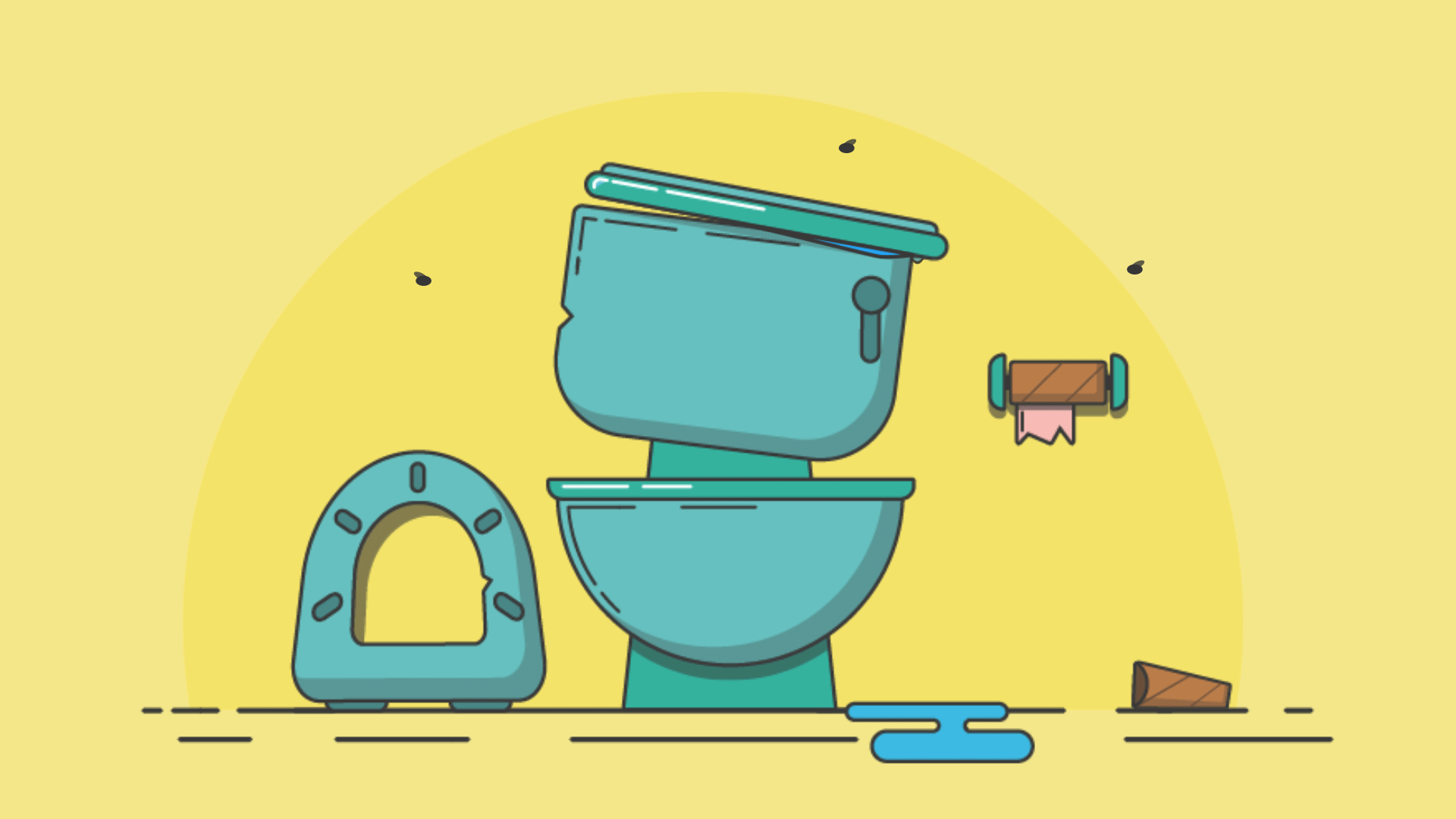
5) Toilet
What’s the problem?
In a house of multiple occupants or with frequent tenant turnover (the average tenancy duration is 18 months) toilets can be subject to heavy usage leading to blockages, which is why their repairs scored fifth most highly reported problem across all of Fixflo’s tenant database.
Whose problem is it?
In the case of toilet blockages, landlords are responsible for clearing blocked sewers, drains and external waste pipes in cases where the damage has been caused by faulty installation or wear and tear. Tenant will bear responsibility if gullies and waste pipes have blocked through their own misuse or if they wish to replace wash basins, toilet bowls and toilet seats. As ever, vigilance and swift repairs reporting by the tenant will keep both parties in line.
Although the law provides some clarification, there’s a grey area in every repair instance. But what every repair, regardless of category, has in common is the importance of reporting the problem early. Repairs and maintenance software, which allows tenants to report issues around the clock and landlords to be assured that they’ll receive an immediate response, is the most effective way to head off repairs issues, regardless of whose responsibility they are.
BLOG DISCLAIMER
This article is intended for information purposes only and does not constitute legal advice. If you have any questions related to issues in this article, we strongly advise contacting a legal professional.
These blog posts are the work of Fixflo and are licensed under a Creative Commons Attribution-ShareAlike 3.0 Unported License. In summary, you are welcome to re-publish any of these blog posts but are asked to attribute Fixflo with an appropriate link to www.fixflo.com. Access to this blog is allowed only subject to the acceptance of these terms.

